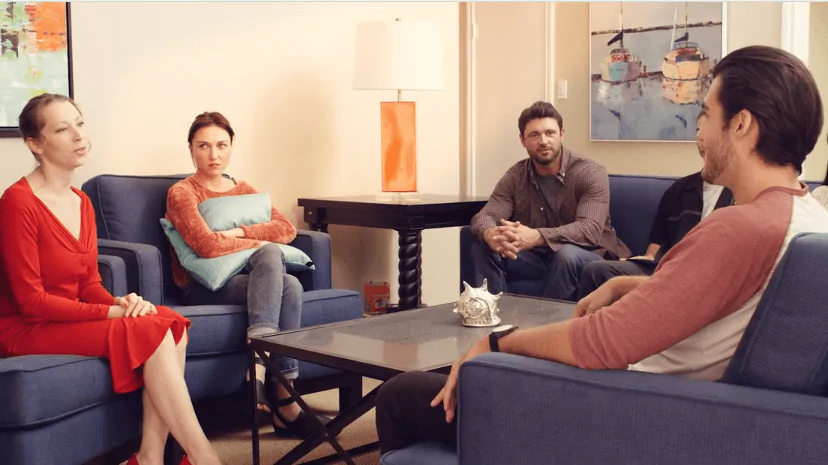24/7 Helpline:
(866) 899-221924/7 Helpline:
(866) 899-2219
Learn more about Anxiety Treatment centers in Williamson
Anxiety Treatment in Other Cities

Other Insurance Options

BHS | Behavioral Health Systems

Kaiser Permanente

Oxford

Coventry Health Care

Premera

Self-pay options

CareSource

Highmark

Health Choice

Aetna

Multiplan

Regence

Lucent

Meritain

Sliding scale payment assistance

Anthem

MVP Healthcare

MHNNet Behavioral Health

Excellus

EmblemHealth






Williamson Comprehensive Treatment Center
Williamson Comprehensive Treatment Center offers medication assisted treatment with methadone for me...






